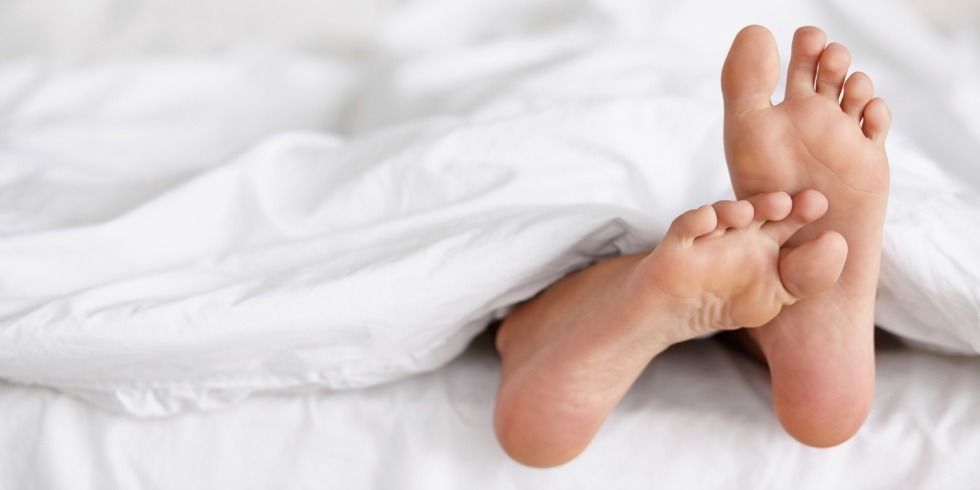Between the demands of professional life and those of personal life, between workouts - some at dawn and others at dusk, it may very well happen that we don’t spend enough time catching those much needed Zzz’s. Conclusion: we are tired! Now what?
In the previous article of this series, we highlighted that when it comes to sleep, it’s quality over quantity. There is no magic solution: to rest, we need to sleep better! As such, any condition affecting the quality of sleep must be resolved, whether it is better stress management or an environment more conducive to serene sleep.
Top 3 culprits affecting sleep quality
Your head
Any thoughts repeated in a loop can significantly delay sleep, decreasing overall sleep time. What's more, anxiety can mess with our sleep cycles, so that our nocturnal waking periods are longer and our sleep cycles shorter. Even our heart rate remains too high when we sleep! Not surprisingly, this can lead to waking up tired the next day.
Anxiety can be caused by many different things, and if this is disturbing your sleep it’s best to seek the help of professional if you are dreaming of better nights of sleep. When dealing with smaller daily stresses and those never-ending to-do lists, a good tip to get them off of your mind is to write them down before bed.
The environment
It is recommended to sleep in a dark and quiet room (with ear plugs if necessary!) with a temperature between 18 C and 20 C. Darkness is key ... even the bright screen of an alarm or smart phone can disturb sleep! The decor and layout of the room should also be relaxing. Finally, don’t hesitate to invest in a good quality mattress and pillows adapted to your physiognomy.
Habits
Try keeping a regular bedtime, even on the weekends. The hour before bedtime should be a gradual decrease in intensity, stimulation and brightness. This means avoiding intense workouts late in the evening, rooms that are too bright and (yes you know itthose famous screens. Even the blue light from screen of tablet or smartphone in bed disturbs the quality of sleep (not to mention all the content we are exposed to!). Avoid products containing caffeine six hours before bedtime as well as heavy snacks late in the evening. Alcohol and nicotine are also to be avoided as they are stimulants.
So, what do we do instead? A calming activity such as reading, breathing or stretching exercises, light hearted conversations with our significant other, etc.
Recovering from sleep debt
A minor sleep debt (less than ten hours) can be resolved over the period of a weekend by sleeping one, two or three hours more a night, in order to catch up on sleep and start the following week on a fresh.
A more important sleep debt involves a period of rest that requires being in tune with your body. No alarms or distractions, getting to bed early, and waking up... when you wake up! It is not uncommon to sleep twelve-hour nights back to back. It may take several days, but once your natural night approaches 8 hours, you can consider your sleep debt cleared.
A permanent state of physical exhaustion may be the sign of an undiagnosed condition (for example, anemia or over training). If this is the case, it's best to consult a health care professional.
Did you know? If you cannot sleep more, try putting the odds on your side to at least sleep better at the beginning of the night. This is the time in which we accumulate the majority of hours of deep sleep which is recognized as more efficient for recovery.




